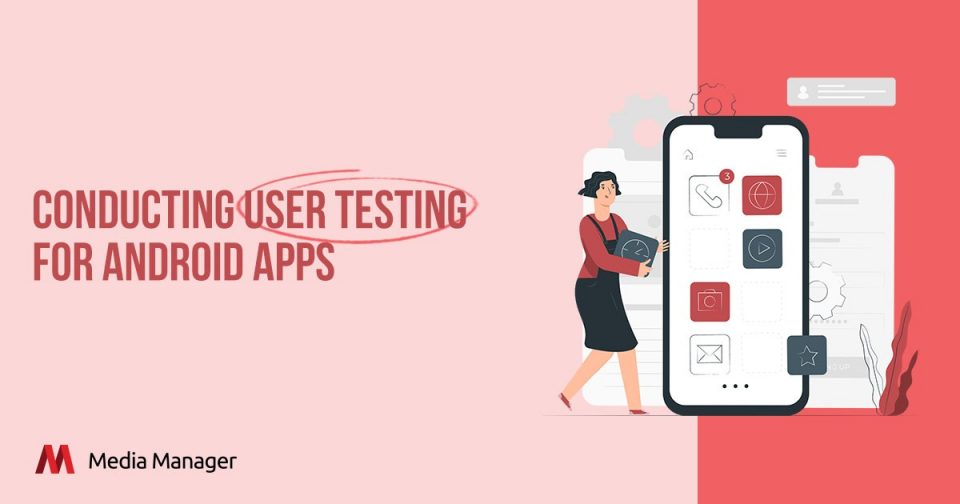
Email Marketing Agency: What Can One Do for Your Business?
January 21, 2022
3 Great Benefits of Using ASO for Your Mobile App
March 21, 2022Information availability is the defining attribute of a knowledge society. Today, the volume of information available attests that we are indeed in the midst of an information age. In research, numerical data collected for various purposes are the result of quantitative research.
On the other hand, qualitative research serves important functions to complement an enormous amount of available numerical data. Nowhere is this truer than in a market researcher’s aim to find a human face and values alongside figures and graphs.

Business and Marketing Research
Although business and marketing researches all generally aim to improve commercial viability and profitability, there are various types depending on a specific focus or purpose. Feasibility studies aim to determine the commercial viability of a product, service, or business undertaking. Cost-benefit studies help determine the correlation of costs to benefits, while customer satisfaction surveys aim to know consumer needs and feedback as well as evaluate merchandise marketability.
Aside from the objectives, business and market studies also differ in terms of methods. Traditional data-gathering strategies like surveys and economic benchmarking often use structured data to arrive at a conclusive logic. These numbers-based methods represent their findings through graphs, charts, and other ways of displaying statistical information.
Research using qualitative research methods, on the other hand, focuses on creating an in-depth examination of the social aspects of collecting information, such as insights and preferences. It examines the history, political-cultural environment, human behaviour, group motives, individual beliefs, and other socio-psychological factors by knowing the perceptions and opinions of respondents. In a way, qualitative research reveals the human side of numbers.

Types of Qualitative Business Research
Similar to quantitative research, there are different types of qualitative research depending on goals and tools. Ethnographic, groups and case studies are among the more common types of qualitative research.
Ethnographic studies or lifestyle immersion involve observation of participants where a researcher integrates, immerses or participates in the regular routines of the subject to gain first-hand insight on, for instance, how consumers use a product.
On the other hand, group methods such as focus-group, project technique and online forums, use in-depth interviewing and facilitating skills to draw out narratives that can help researchers understand a subject’s experiences as part of the qualitative analysis methods. Meanwhile, case studies are studies that aim to describe relationships of environmental variables that affect an event or phenomenon.

Qualitative Business to Business Research in the Information Society
A business to business marketing research aims to generate insights into the marketplace. Surveys can provide a simple method for reaching target consumers which is practical given today’s information-communication technologies. Insights into competitor activities and performance, customer perception, market trends, and other benchmarking B2B researches can be conducted using readily available online data statistics.
However, secondary data and statistical analysis have limitations since management and buying preferences require understanding decision-making factors and innovation processes which numbers alone cannot measure or fully explain. There is also the need to investigate business management strategies using multiple digital platforms and techniques, such as random device engagement, given the constant advancement of new technologies.
In the digital creations industry, product usability tests can help augment this gap by providing data that show how people react to new products but solicit non-quantifiable information of how the product can be improved.
Conclusion
As studying business markets becomes more measurable through the massive availability of data and access to information, qualitative research is filling the need for more human and personal approaches in software development. Despite how technology makes it easy to collect numerical data and generate statistical analysis, there is still a need to find market research service providers who are competent in conducting a sound qualitative inquiry. One such agency is Media Manager, one of the leading market research Singapore based agencies today. From qualitative research to focus group discussions, we have been helping local and global companies access useful data to make sound decisions. To find out about available assistance and documented experiences in providing such services, please don’t hesitate to contact us at https://www.mediamanager.com.sg/contact/.



